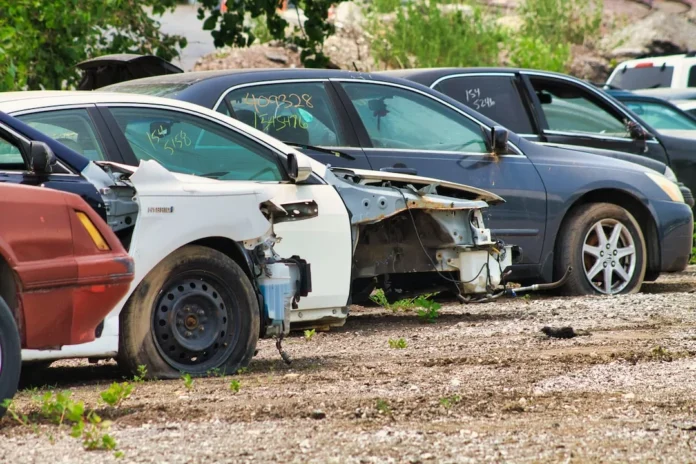Forming journalists is a crucial task in today’s world, where the media plays a significant role in shaping public opinion and disseminating information. In this regard, the workshop of investigative journalism titled “‘Ndrangheta stereotypes and reality,” organized by the well-known journalist Claudio La Camera, is a valuable opportunity for aspiring reporters to learn and hone their skills.
The ‘Ndrangheta is a notorious criminal organization based in Calabria, Italy, and is known for its far-reaching influence and activities. Unfortunately, this criminal organization is often portrayed in the media using stereotypes that do not accurately reflect its true nature. Therefore, the workshop aims to educate journalists on how to approach and report on the ‘Ndrangheta in a fair and balanced manner, without perpetuating harmful stereotypes.
One of the key aspects of the workshop is to provide a deeper understanding of the ‘Ndrangheta and its operations. Aspiring journalists will have the opportunity to hear first-hand accounts from experts and individuals who have been affected by the criminal organization. This will not only broaden their knowledge about the ‘Ndrangheta but also help them to understand the impact of their reporting on the lives of those involved.
The workshop will also focus on investigative journalism, which plays a crucial role in uncovering the truth and exposing corruption. Participants will learn about the techniques and strategies used in investigative journalism, such as accessing public records, conducting interviews, and analyzing data. These skills are essential for journalists to produce in-depth and accurate reports, especially when dealing with sensitive topics such as the ‘Ndrangheta.
Moreover, the workshop will also cover the ethical considerations involved in reporting on the ‘Ndrangheta. As journalists, it is our responsibility to present the truth and not sensationalize or glamorize criminal activities. The workshop will emphasize the importance of fact-checking and verifying information before reporting, as well as the need to protect the privacy and safety of sources and subjects.
One of the highlights of the workshop is the participation of Claudio La Camera, a renowned journalist with extensive experience in reporting on the ‘Ndrangheta. La Camera has been investigating the criminal organization for years and has faced numerous challenges and risks in his pursuit of the truth. His expertise and insights will undoubtedly be invaluable to the participants of the workshop.
Furthermore, the workshop will also shed light on the ‘Ndrangheta through the lens of positive experiences. It is essential to recognize that not all individuals from Calabria are involved in criminal activities or support the ‘Ndrangheta. The workshop will showcase the positive initiatives and projects undertaken by the locals to combat and eradicate the influence of the ‘Ndrangheta in their communities. This will not only provide a more balanced perspective but also inspire participants to highlight the positive side of a complex issue.
In addition to the theoretical sessions, the workshop will also include practical exercises to provide participants with hands-on experience in investigative journalism. The participants will have the opportunity to work on a mock case study, where they will have to uncover the truth behind an ‘Ndrangheta-related incident. This will not only help them to apply the skills they have learned but also give them a taste of the challenging and rewarding nature of investigative journalism.
In conclusion, the workshop of investigative journalism “‘Ndrangheta stereotypes and reality,” organized by Claudio La Camera, is an excellent opportunity for aspiring journalists to learn and develop their skills. It not only aims to form competent reporters but also advocates for responsible and ethical journalism. The workshop will undoubtedly be a stepping stone for participants to become the future watchdogs of society, uncovering the truth and exposing corruption for the betterment of their communities.

